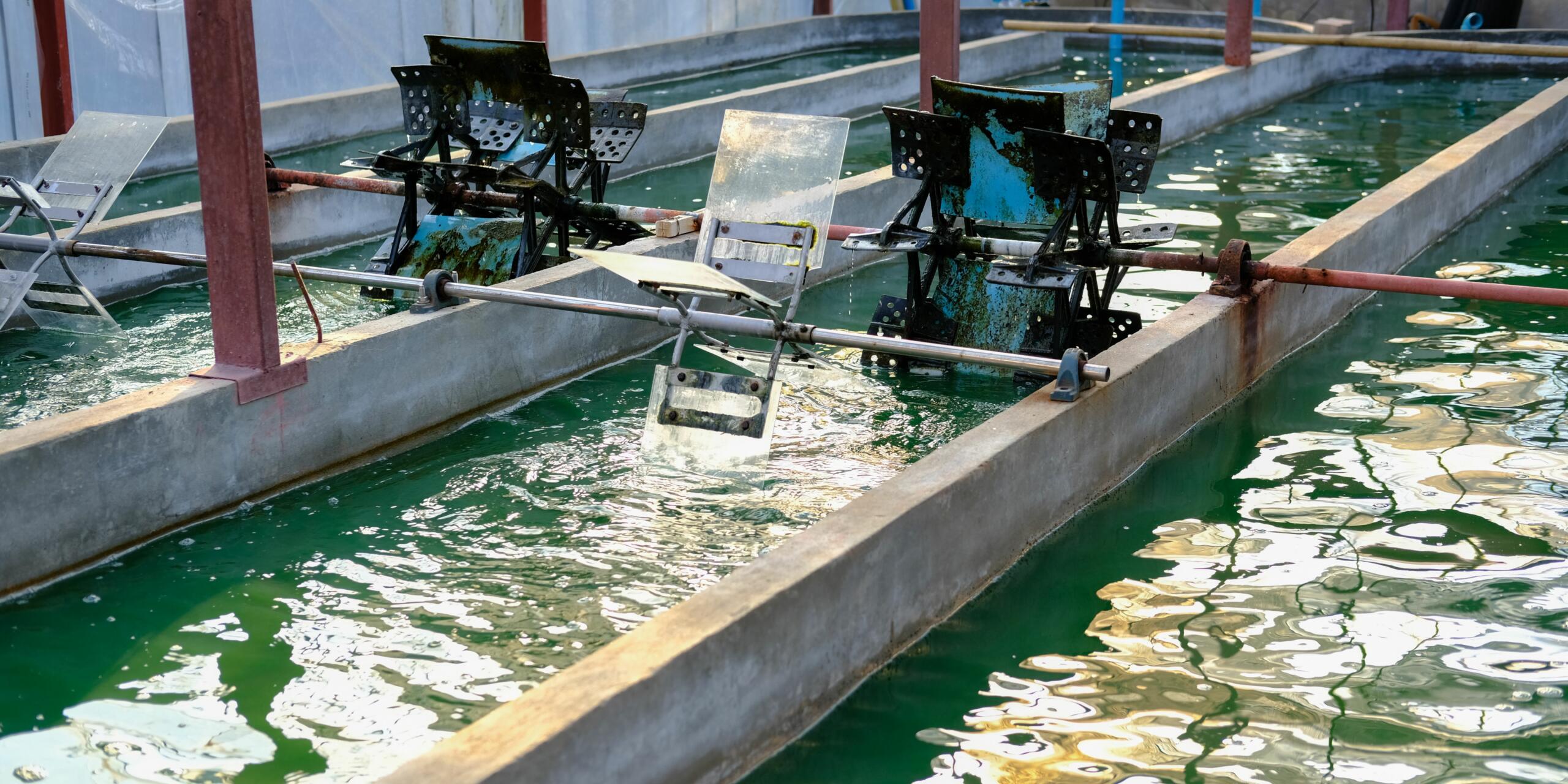Algae Farming: A Sustainable Agricultural Revolution
The global challenge of feeding a growing population has led to significant hurdles in conventional agriculture, prompting the overuse of synthetic fertilizers and pesticides.
In response, this article explores the transformative potential of microalgae and cyanobacteria as sustainable alternatives to reshape modern agricultural practices.
Algaculture stands at the forefront of microbiology, captivating and enlightening curious minds. This guide offers an introduction to algaculture, delivering a thorough understanding of this scientific branch that holds promise across diverse scientific and industrial domains. So, prepare to embark on a journey into the realm of algaculture.
Challenges in Conventional Agriculture:
The ever-increasing world population has forced farmers into a reliance on synthetic fertilizers and pesticides to meet escalating food demand.
This approach, while aiding many developing countries in boosting crop yields, has ushered in a myriad of problems.
The decline of soil fertility, and degradation of local ecosystems due to soil, water, and air contamination, coupled with the non-renewable nature and rising costs of synthetic inputs, highlights the urgent need for a sustainable agricultural paradigm.
Microalgae and Cyanobacteria as Solutions:
Microalgae and cyanobacteria emerge as promising alternatives, providing nutrient-rich and eco-friendly solutions.
Moreover, microalgae offer a unique opportunity to recycle nutrients from wastewater, simultaneously addressing environmental concerns and reducing the fertilizer and water footprint in agriculture.
Nutrient-Rich Alternatives:
Microalgae and cyanobacteria offer rich sources of nutrients and bioactive metabolites.
Enhanced Plant Nutrition:
Research highlights their potential to improve plant nutrition, growth, and stress tolerance.
Wastewater Recycling
Microalgae can be used to recycle nutrients from wastewater, reducing the fertilizer and water footprint for sustainable agriculture.
Technological Challenges in Algaculture:
Producing algae on a large scale poses distinct technological challenges. The microscopic size of algae cells makes harvesting a complex task, and traditional methods such as centrifugation or filtration require expensive equipment. Additionally, large-scale processing of algae presents hurdles that demand innovative solutions.
Microscopic Algae Cells:
Harvesting algae on a large scale is hindered by the microscopic size of algae cells.
Challenging Harvesting Methods:
Traditional methods like centrifugation or filtration require expensive equipment.
Processing Difficulties
Large-scale processing of algae poses additional technological challenges.
Market Opportunities for Algaculture:
Despite the challenges inherent in cultivating and processing algae, the algaculture industry holds vast commercial potential.
The increasing global demand for biofuels, food supplements, and cosmetics derived from algae presents lucrative market opportunities.
Biofuels, Supplements, and Cosmetics:
Despite cultivation challenges, the algaculture industry presents commercial potential.
Nutraceuticals and Cosmetics:
Algae-derived products, including proteins and pigments, meet the growing demand in markets like nutraceuticals and cosmetics.
Algae Farming’s Environmental Contributions
Algae farming proves to be a powerhouse of nutrients crucial for plant growth, offering several environmental benefits. Unlike traditional farming methods that deplete soil over time, algae farming replenishes the soil with essential elements, fostering healthier and more robust crops.
Furthermore, algae play a pivotal role in carbon sequestration. Through photosynthesis, algae absorb carbon dioxide from the atmosphere, mitigating the impact of greenhouse gases and contributing to a healthier environment.
In addition, the water requirements for algae farming are minimal, aligning with global efforts for water conservation in agriculture.
Call to Action for Sustainable Agriculture:
Embracing algae-infused products represents a proactive stance toward supporting sustainable agricultural initiatives.
As consumers choose algae-infused fertilizers and products, they contribute to the larger mission of preserving the planet for future generations. However, individual actions alone are not enough.
Governments, agricultural industries, and environmental organizations must collaborate to promote and invest in algae farming research and development.
This collaborative effort can pave the way for widespread adoption and integration of algae farming practices on a global scale.
- More educational resources should be provided to raise awareness about the benefits of algae farming.
- Financial incentives, subsidies, and technical support can facilitate the transition towards sustainable and environmentally friendly farming methods.
- Introduce certification programs for algae farming practices.
Algae farming stands as a beacon of hope for the future of sustainable agriculture. Its ability to replenish nutrients, mitigate environmental impact, and conserve water positions it as a transformative force in the agricultural landscape.
As the world navigates the challenges of a changing climate and depleting resources, embracing innovations like algae farming becomes imperative for a greener, more sustainable tomorrow.
From addressing the pitfalls of conventional agriculture to unlocking market opportunities and contributing to environmental well-being, algae farming holds the promise of reshaping the way we cultivate crops and paving the way for a more sustainable future.
Empowering Farmers: Our Azolla Pits Initiative
We’ve teamed up with Sid’s Farm to introduce Azolla Pits—a simple and sustainable solution for dairy farming. Azolla, a protein-rich algae, provides cows with a cost-free and easy-to-maintain source of nutrition. With Sid’s Farm, we’re making these pits accessible to farmers and providing guidance on usage. Together with The Affordable Organic Store, we’re confident this initiative will make a big difference for everyone involved. Donate now to support this cause and make farming greener and more efficient!

